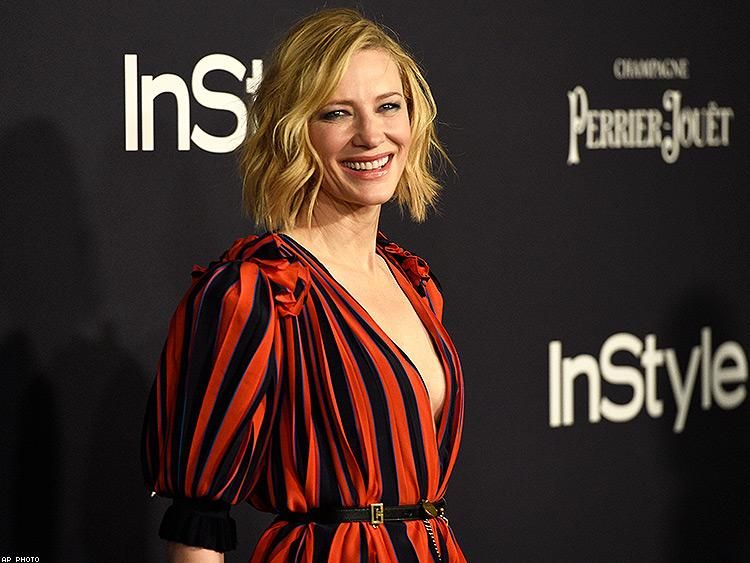We need to talk about Intersex Awareness Day

Intersex… you’ve probably heard the term, but how much do you really know?
I didn’t know much until about two years ago when I was sitting in the doctor’s office waiting for test results. When my doctor walked back in and explained the results to me, everything I thought I knew about basic biology completely flipped on its head.
My doctor told me that I had Partial Androgen Insensitivity Syndrome (PAIS), which is one of thirty intersex traits. I was assigned male at birth but my body does not respond to testosterone as often as other males and this led to breast development as well as a lack of hair growth on my body and just a slight deepening of my voice during puberty.
If you don’t know what any of this intersex talk means let’s start by defining it! InterACT Advocates for Intersex Youth defines intersex as an umbrella term that refers to people who have one or more of a range of variations in sex characteristics that fall outside of traditional conceptions of male or female bodies.
Most people assume biological sex is either “male” or “female,” but it can actually be more complicated. This misconception that biological sex is binary makes intersex people feel alone and unnecessarily ashamed of their bodies. After learning I was intersex it took me time to process. I started to think, “is there anyone else like me?” and “how do I tell my friends or even talk to my family about it?” These questions are common for intersex people and I still think about often – even two years later.
Many people assume that being intersex is very rare – but it is a lot more common than you would think. About 1 in every 2000 babies born are intersex; that’s equivalent to about 1.7% of the world’s population. For context, this is about equal to the same number as natural born redheads. It is very likely that you have met at least one intersex person in your life – and now you can say you at least know me. Intersex people are not just statistics, we are your friends, your classmates, your coworkers… but most of all we are human. Like most people in the LGBTQ community, we are people who face injustices because of our identities.
As a queer, Black, non-binary, intersex person, I don’t often see myself represented in media. The desire to see myself represented in media doesn’t come from a place of vanity. The lack of representation I experience has real life consequences. Erasing intersex people from media, by not representing our identities, teaches people that we don’t exist. And when people don’t think we exist or when they don’t care enough that we exist, we are ignored, we do not feel safe, and our basic survival needs are not met. Even within LGBTQ spaces, intersex people are often not represented or given equal access to resources. This must change – and we are all responsible for taking action as soon as today.

Intersex children around the world have their genitals mutilated by doctors every single day. These surgeries are non-consensual and can have negative impact in the life and development of a child. As a survivor of intersex genital mutilation (IGM), I can tell you firsthand how devastating it was to find out that I had a major surgery without any opportunity to decide if I wanted the surgery or not. My experience, and so many other intersex people’s experiences, has inspired us to take action to make sure no one has to go through IGM without their consent.
If you are someone who believes that all humans deserve to be healthy, safe, and respected, I urge you to learn more about the lives and experiences of intersex people. I want you to spread the word and your newfound knowledge of intersex people and the injustices that intersex children and babies face every day around the world. This can be done by celebrating and recognizing Intersex Awareness Day on October 26th, educating yourself, bringing intersex speakers to your institution, organization, department, and making sure resources and information are available to anyone who may need or want it.
If you know an intersex person or are an intersex person – please know that we are out here and would love to meet another member of our community! There are some great resources out here for everyone such as interACT Youth and the AIS-DSD Support group! Please check them out below!
Jonathan Legette is a GLAAD Campus Ambassador and a junior at The Evergreen State College. Jonathan works as a New Student Mentor and a Peer Advisor at the Trans and Queer Center at Evergreen State. Off campus, Jonathan serves as an interAct youth advocate and speaker, bringing intersex awareness education to schools across the country.
Helpful links:
Washington Post Magazine cover story article on the Intersex Movement – 10/8/17
www.glaad.org/blog/we-need-talk-about-intersex-awareness-day











